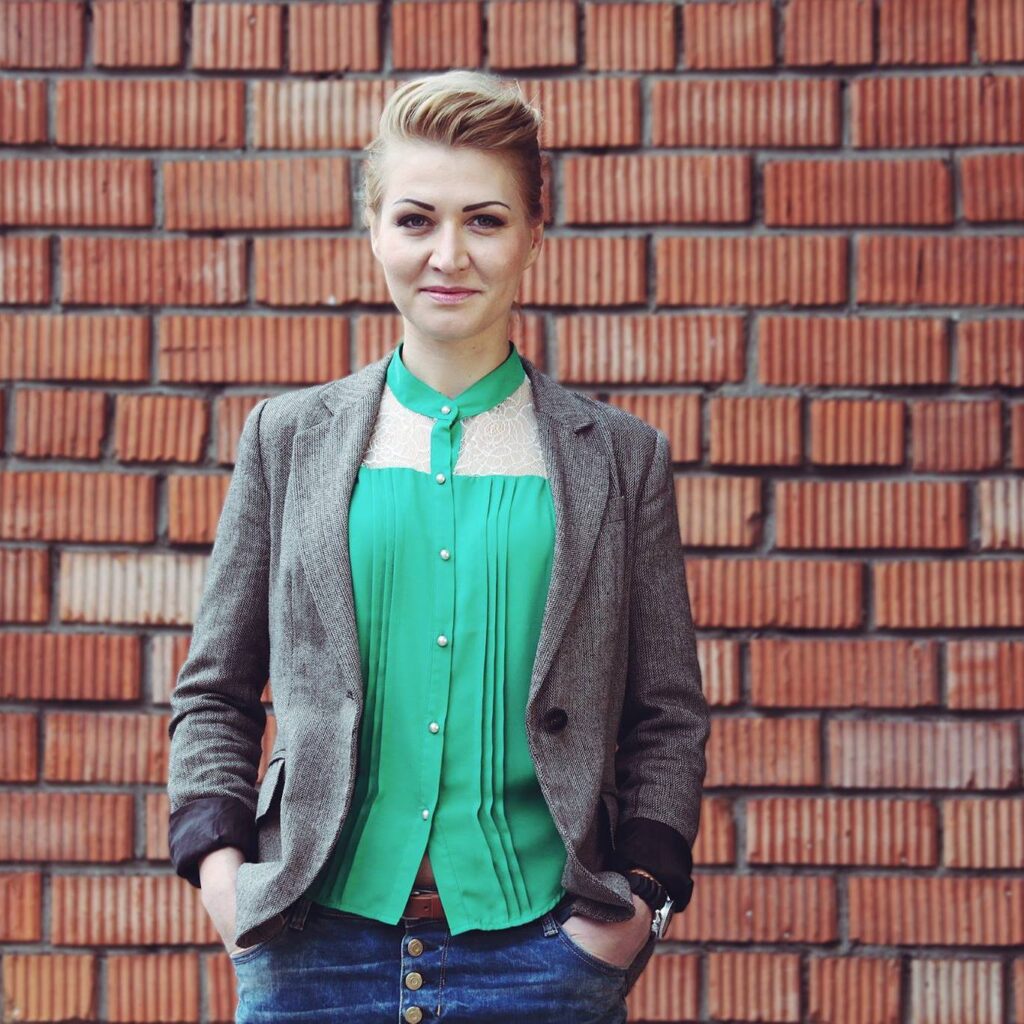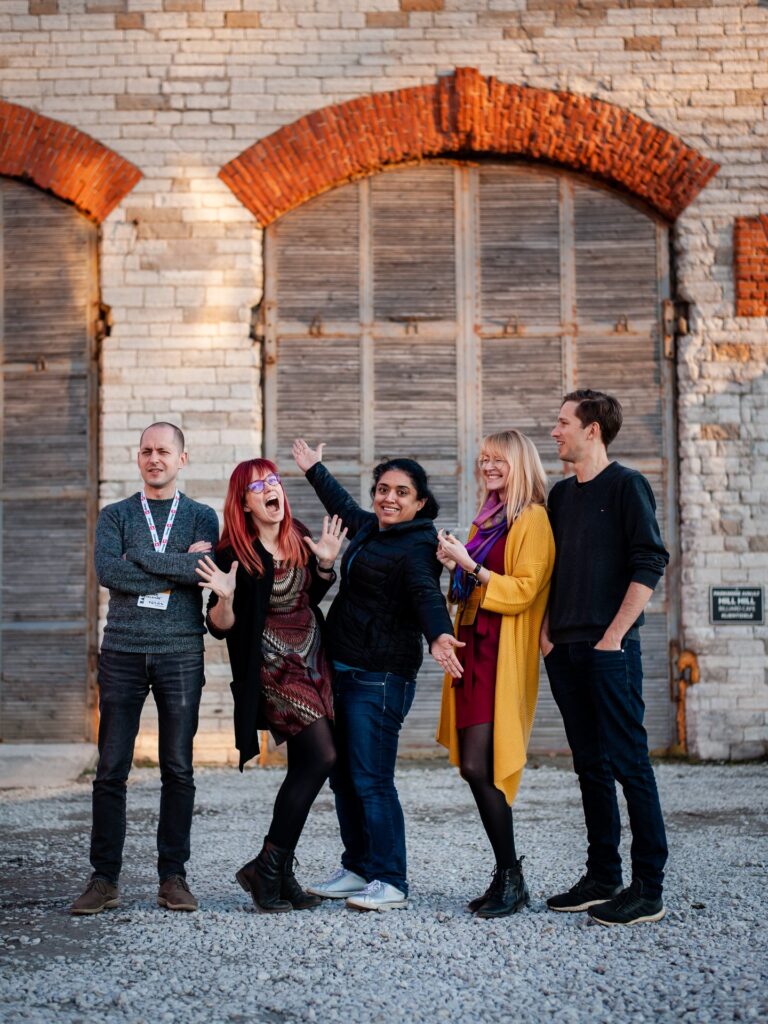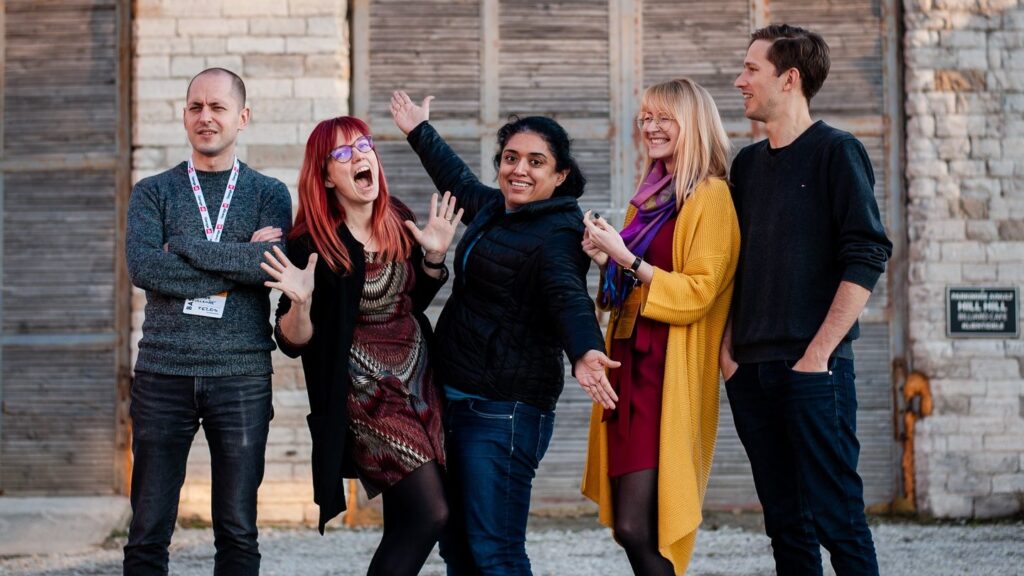Amanda Haynes reached out to Estonian startup founders and leaders across the country to find out how they overcame the turmoil of 2020 and managed to stay profitable during the pandemic.
With millions of people receiving the coronavirus vaccine worldwide, humanity’s collective sigh of relief can be heard. Instead of social distancing rules, masks and lockdowns, we can hopefully begin to make room for normality soon.
This is especially welcome news for small businesses and startups, many of whom have felt the brunt of the pandemic. This has resulted in halting growth for some, while others have had to deal with layoffs, cash flow concerns and delays in raising funds.
According to Eve Peeterson, the head of Startup Estonia, Estonian startups have generally done very well in adjusting during these extraordinary times. “As expected, some have also had to shift focus from hiring and expansion and taken on other objectives to accommodate the situation,” she told the Baltic News Service in November last year.

Yet, startups are perfectly suited to adjust. Call it what you like – scrappiness, flexibility or gumption – these aspects have played a significant role in keeping startups going strong, even amid a global economic downturn.
What is it that makes these companies so adaptable? We reached out to startup founders, leaders and experts across the country for their unique take.
Planning to pivot
At Zelos, an event team coordination app, CEO Johanna-Mai Riismaa acknowledged that flexibility was part and parcel of being a startup. And it can be a huge advantage when the need to pivot arises, as they experienced last year. “Startups are pretty quick in figuring out new problems. That’s what you do when you’re a really nimble, early team,” she said.

Over at Tartu-based resource scheduling SaaS, Ganttic*, adaptability is built into the ethos of the company, according to Ivar Veenpere, the firm’s co-founder and CEO. “We started 10 years ago with a mission of creating a sustainable product and business model. Add in the fact that we are bootstrapped, and that’s given us the know-how on staying lean and profitable, even in tough times,” he said.

But it’s not only software companies that are able to keep up with the changes. For example, Click and Grow, developer of smart indoor food growing solutions, embraces the unpredictability of the past year. And much of this is due to their product and mission.
“Hardware companies are notoriously complicated. On top of that, our products are also living things, so we’re used to embracing the unknown and finding solutions while being on the edge,” Martin Laidla, the company’s PR manager, said. “Doing business the startup way is like walking on a tightrope. When times get tough, others are pushed to walk the same rope while you’ve been there all the time and have the skills to come through successfully.”

A culture for startups
It probably doesn’t hurt that these companies all arose from the same country, where online voting is a standard and the internet is a human right. So, concepts like remote work and telecommuting have been de rigueur for a while now. Which means that, even under quarantine, workflows can continue uninterrupted.
Ermo Tikk at the Tartu-based sTARTUp Day – one of the biggest business festivals in the Baltic states – sees this resilience and resourcefulness as a product of culture combined with strategy and experience. As the ecosystem strategist and former head organiser of the sTARTUp Day, he’s seen his share of startups. “Estonians are known for their hard work and ethics, as well as for their quality in software and solutions. This has built up a standard our startups withhold and trusting relations with global investors,” he asserted.

It probably also helps that the country’s small size forces eager companies to look beyond their borders if they want to expand.
“Estonian startups start focusing on international markets early on – usually from day one – and build scalable products from real feedback,” Tikk noted. “This means startups have built their products early on to meet the expectations of their customers by pivoting and changing the product in the process. If the crisis hit and the requirements have changed for the product, the startups already have the experience to be adaptable.”
“All in all, this meant the runway startups had was well planned, and uncertainty didn’t throw off our entrepreneurs,” he added.
Whether it’s built from within or comes from the culture – or a mix of both – but in terms of the turnover, 2020 was more successful for Estonian startups than a year before. Estonian startups generated 40% more turnover in the first six months of 2020 than in 2019 – a growth that continued into last fall.
*Please note the article’s author works as the marketing and communications manager at Ganttic.
Cover: Zelos’s team. Photo by Zelos.

